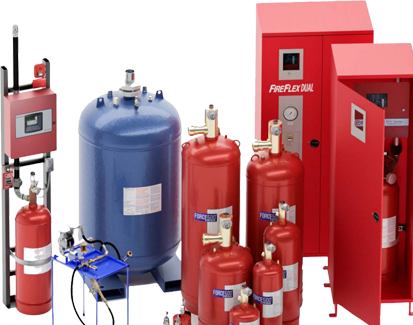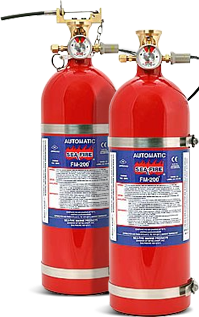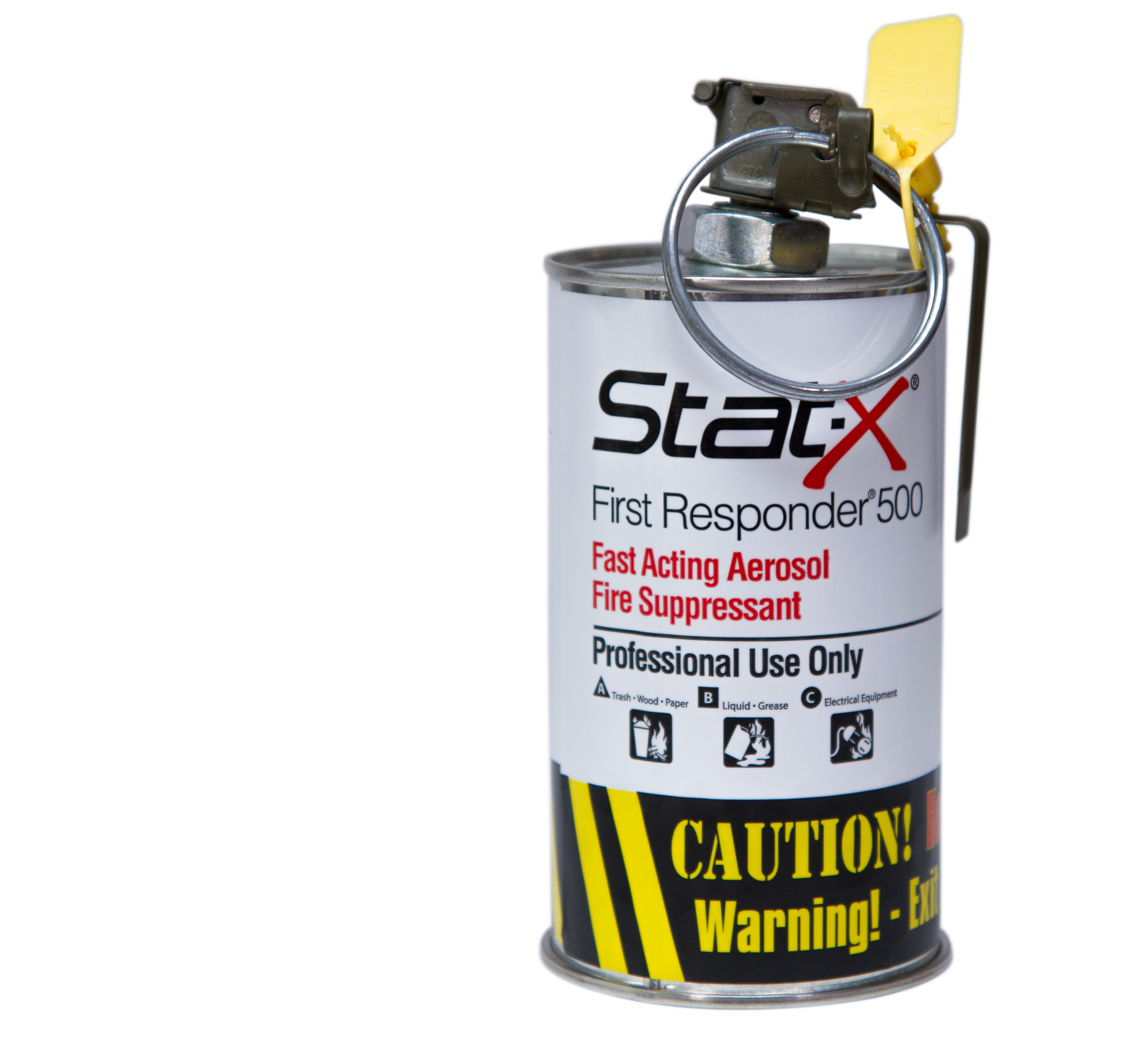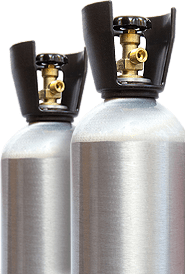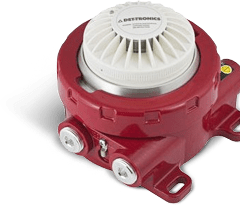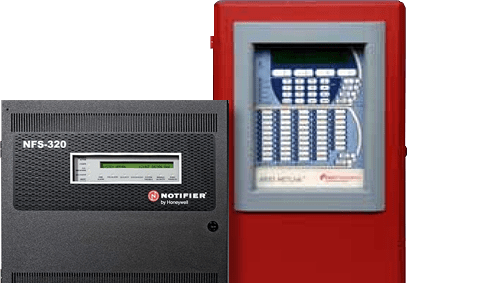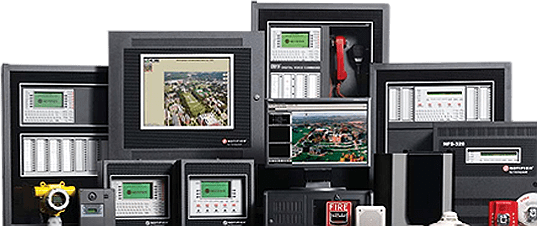Fire Suppression for Server Rooms: Protecting Critical Infrastructure
Highlighting the Unique Fire Risks Associated with Server Rooms and Data Centres
Server rooms and data centre are the technological hearts of modern businesses, housing critical infrastructure that necessitates special attention, particularly regarding fire safety. These environments are uniquely vulnerable to fire risks due to the concentration of electrical equipment, cables, and, in some cases, overheating components. A fire in such settings not only threatens expensive hardware but can also lead to significant data loss and operational downtime. Understanding these unique risks is the first step towards implementing effective fire suppression solutions that can protect these critical assets without causing collateral damage to the sensitive equipment they house.
Overview of Specialized Fire Suppression Systems like Clean Agent Systems (FM-200 / Novec 1230)
In server rooms and data centres, conventional water-based fire suppression systems are not suitable due to the risk of damaging sensitive electronic equipment. Instead, specialized fire suppression systems such as clean agent systems, including FM-200, Novec 1230 and FK-5-1-12 systems are used. These systems discharge a gas that extinguishes fires quickly and cleanly, leaving no residue and causing no harm to electronics. FM-200 and Novec 1230 is known for its rapid response, effectively extinguishing fires in seconds. FK-5-1-12, a more recent innovation, offers an environmentally friendly alternative with a zero-ozone depletion potential and a very short atmospheric lifetime. These advanced systems are designed to address the specific fire safety challenges in server rooms, providing effective protection while maintaining the integrity of the valuable equipment.
How These Systems Work to Protect Sensitive Equipment Without Causing Damage
Clean agent fire suppression systems operate by rapidly discharging a gaseous agent into the server room upon detection of a fire. These agents work primarily by absorbing heat, thereby lowering the temperature to a point where the fire cannot sustain itself. Additionally, some agents interrupt the chemical reaction of the fire itself. These systems are typically connected to sophisticated fire detection systems that can identify potential fire situations before they escalate. The clean agents, being gaseous, permeate the entire protected space, effectively reaching areas that might be inaccessible to other means of suppression. Importantly, these agents evaporate quickly without leaving any residue, ensuring that electronic equipment, such as servers and networking devices, remains unharmed and operational post-discharge.
Explore further
Stressing the Importance of Regular Maintenance and Testing for Server Room Fire Suppression Systems
Regular maintenance and testing are critical for ensuring the effectiveness and reliability of server room fire suppression systems. This includes routine inspections of the physical components, such as nozzles and piping, to ensure they are free of obstructions and damage. Additionally, the fire detection systems linked to the suppression system must be tested regularly to guarantee their responsiveness and accuracy. It's also essential to check the levels and condition of the fire suppression agents, ensuring they are at optimal concentrations and have not degraded over time. Regular maintenance not only assures the operational integrity of these systems but also ensures compliance with fire safety regulations and standards, thereby safeguarding the server room against potential fire hazards continuously.
Showcasing Case Studies that Illustrate the Impact of Fire Suppression on Data Centre Reliability
The SC1 Data Centre in Santa Clara, California is a testament to the advanced fire protection in modern data centres. With a sprawling 360,000 square-foot facility, the centre needed a fail-safe fire alarm system capable of extensive monitoring to protect each tenant's critical load.
The system featured four levels of redundancy and monitored 2,700 devices. It included laser-based incipient smoke detection, addressable smoke detectors, and a double interlocked pre-action sprinkler system, all designed to prevent incidents and minimize potential water damage to the expensive computer equipment.
This comprehensive system, designed for large high-density computer rooms, represents the forefront of fire safety technology in data centres. Its implementation demonstrates the critical importance of tailored fire protection solutions in safeguarding complex and high-value facilities like SC1, which is constructed in accordance with LEED standards.
Providing Tips for Designing and Implementing Effective Fire Suppression Solutions in Server Rooms
Designing and implementing an effective fire suppression solution for a server room requires careful consideration of several factors. Firstly, the choice of fire suppression agent should align with the specific needs and environmental considerations of the facility. The design should ensure comprehensive coverage of all areas, with adequate discharge nozzles positioned to reach all potential fire sources. Integrating the suppression system with a reliable fire detection system is crucial for early fire identification and prompt suppression system activation. Moreover, it's important to consider future scalability, allowing for adjustments and expansions as the server room evolves. Professional consultation and adherence to fire safety standards and regulations are imperative throughout the design and implementation process, ensuring the system's effectiveness and compliance.
Conclusion
In the digital age, protecting server rooms and data centres from fire is paramount. Investing in specialized fire suppression systems is not just a safety measure but a business imperative. If you manage a server room or data centre, consider consulting with fire safety experts at Control Fire Systems to tailor a solution that meets your specific needs.





